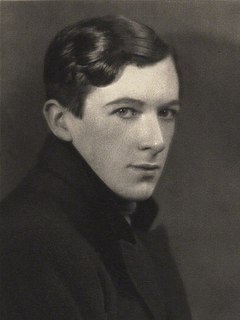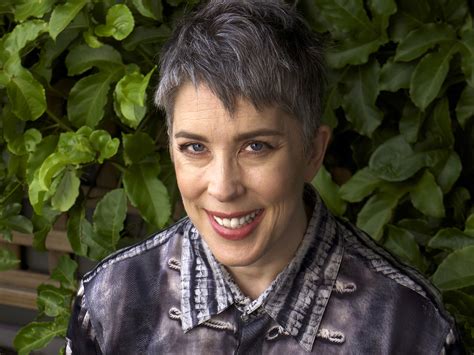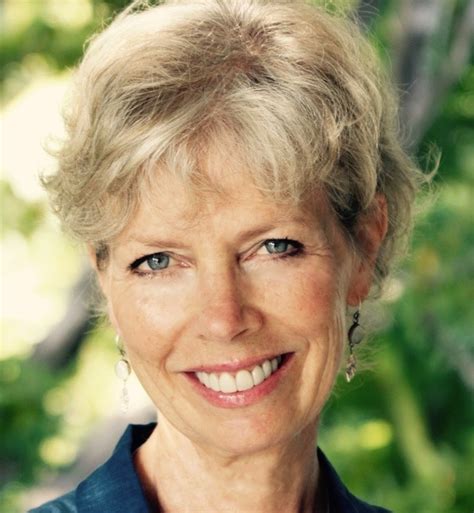A Quote by Henry David Thoreau
We should read history as little critically as we consider the landscape, and be more interested by the atmospheric tints and various lights and shades which the intervening spaces create than by its groundwork and composition.
Related Quotes
The jungle which is presided over by Kudu, the sun, is a very different jungle from that of Goro, the moon. The diurnal jungle has its own aspect--its own lights and shades, its own birds, its own blooms, its own beasts ... The lights and shades of the nocturnal jungle are as different as one might imagine the lights and shades of another world to differ from those of our world.
I have long been interested in landscape history, and when younger and more robust I used to do much tramping of the English landscape in search of ancient field systems, drove roads, indications of prehistoric settlement. Towns and cities, too, which always retain the ghost of their earlier incarnations beneath today's concrete and glass.
The 'black armband' view of our history reflects a belief that most Australian history since 1788 has been little more than a disgraceful story of imperialism, exploitation, racism, sexism and other forms of discrimination. I take a very different view. I believe that the balance sheet of our history is one of heroic achievement and that we have achieved much more as a nation of which we can be proud of than which we should be ashamed.
I can no more explain why I like "natural history" than why I like California canned peaches; nor why I do not care for that enormous brand of natural history which deals with invertebrates any more than why I do not care for brandied peaches. All I can say is that almost as soon as I began to read at all I began to like to read about the natural history of beasts and birds and the more formidable or interesting reptiles and fishes.
I re-read The History of White People by Nell Irvin Painter. It's a book every one should read, particularly Americans, as the USA is her primary focus. Her book demonstrates that white is not universal, that white is not neutral, that it has a history, which she eloquently delineates. It's not often you finish a book understanding how the world operates better than before you read it.
One thing we've learned this summer is that a house is not an end in itself, any more than "home" is just one geographic location where things feel safe and familiar. Home can be anyplace in which we create our own sense of rest and peace as we tend to the spaces in which we eat and sleep and play. It is a place that we create and re-create in every moment, at every stage of our lives, a place where the plain and common becomes cherished and the ordinary becomes sacred.
These proven positive consequences of elevated CO2 are infinitely more important than the unsubstantiated predictions of apocalypse that are hypothesized to result from global warming, which itself, may not be occurring from rising atmospheric CO2 levels. The aerial fertilization effect of atmospheric CO2 enrichment is the only aspect of global environmental change about which we can be certain; and to restrict CO2 emissions is to assuredly deny the biosphere the many benefits that accrue from this phenomenon.


































